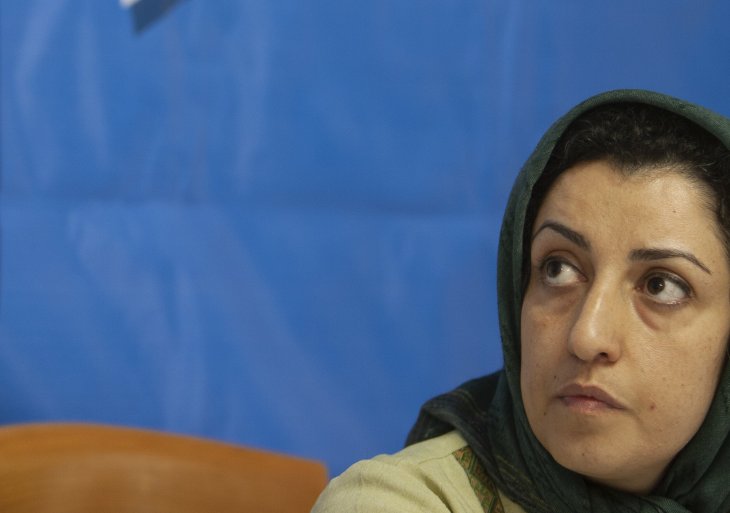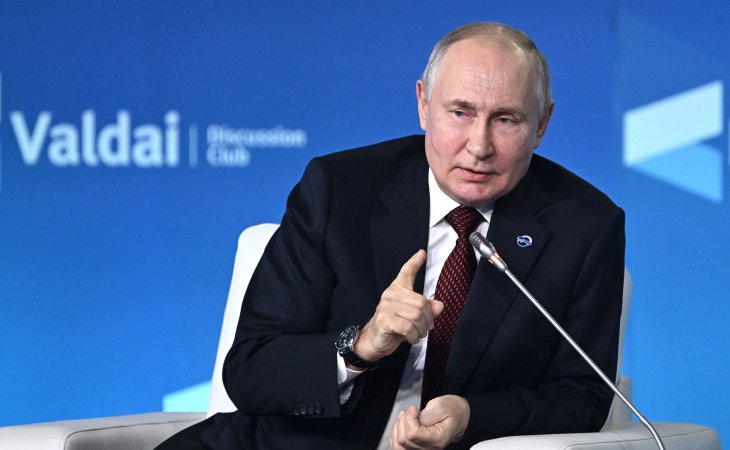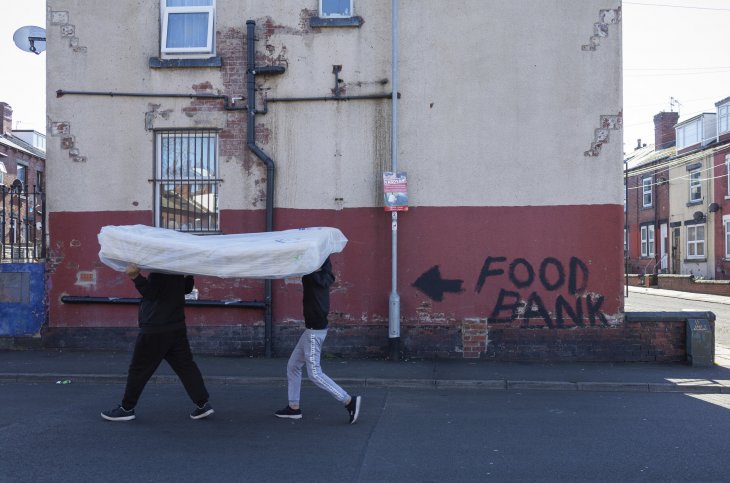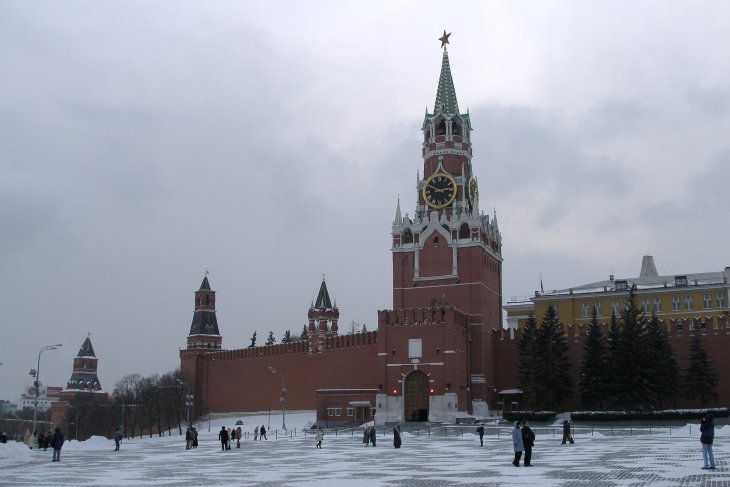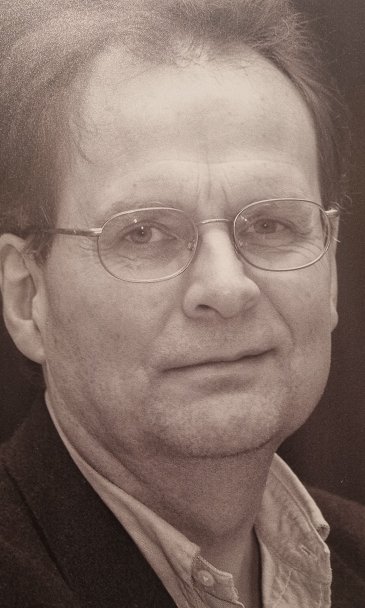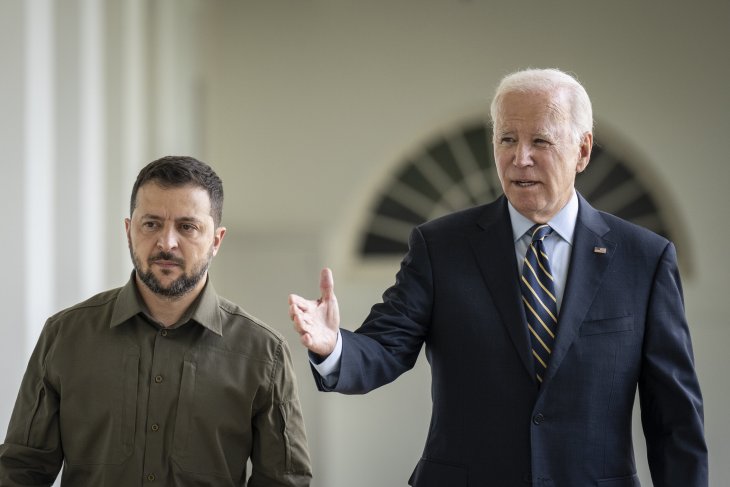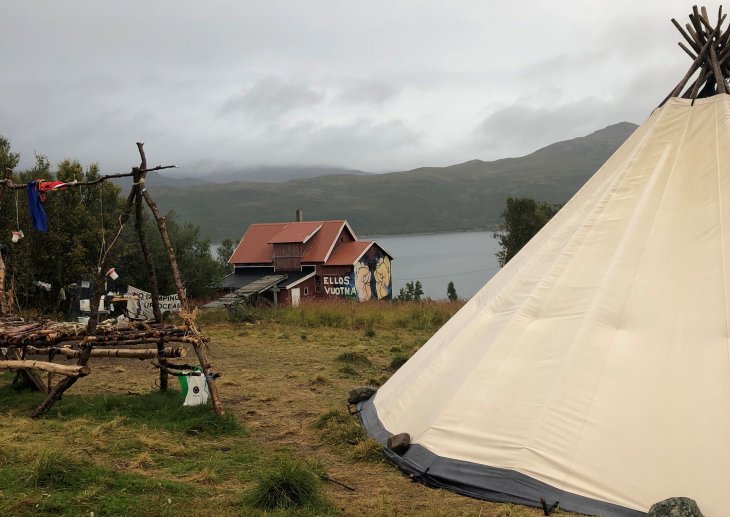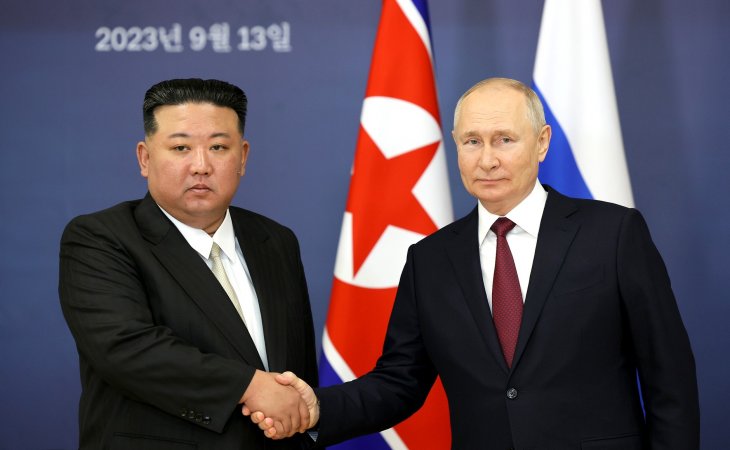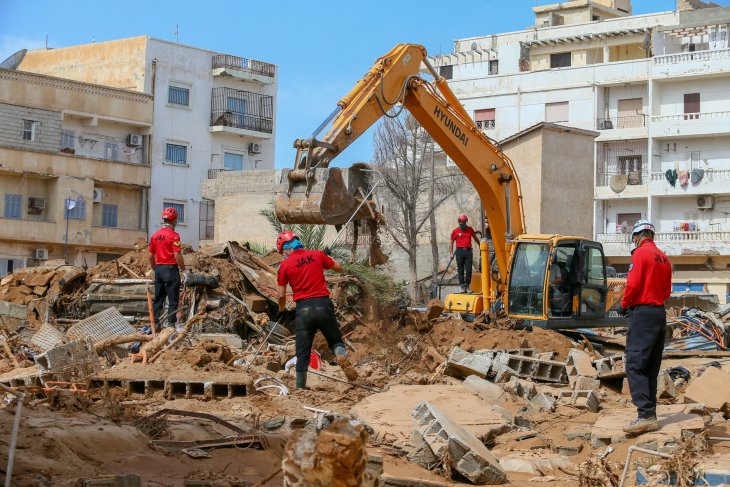The sentence in the heading is often recalled and reshared by many Sudanese people who had to, and still are, enduring war, suffering, and displacement after the breakout of conflict between two armed forces, the Rapid Support Forces of Lt. Gen. Mohammed Hamdan Daglo (also known as Hemedti), and the Sudanese Army under the leadership of gen. Abdel Fatah Al Burhan in Khartoum on April 15th, 2023.
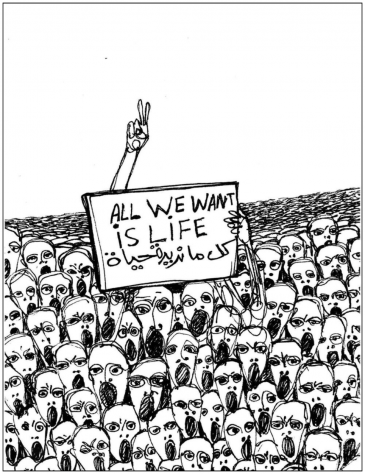
Galal Yousif
A war that is a battle for power between two rival armed forces has forced many to leave or lose their homes, jobs, and even worse, loved ones.
Before the fighting erupted, INSPIRE researchers Katarzyna (Kasia) Grabska and Azza Ahmed A. Aziz in partnership with Reem Aljeally from The Muse multi studios, in Khartoum, Sudan, organised a five day workshop with artists in Khartoum.
Open Space Khartoum opened on the 13th of April 2023 and was the result of over two years of ethnographic research (INSPIRE) with artists in the city. Collectively designed and organised, 15 artists, including visual artists, musicians, photographers and filmmakers, together with the two researchers worked with questions of what inspires their work and what their central themes of creative practice and their interconnectedness with the political and social context of Sudan are.
Read More
